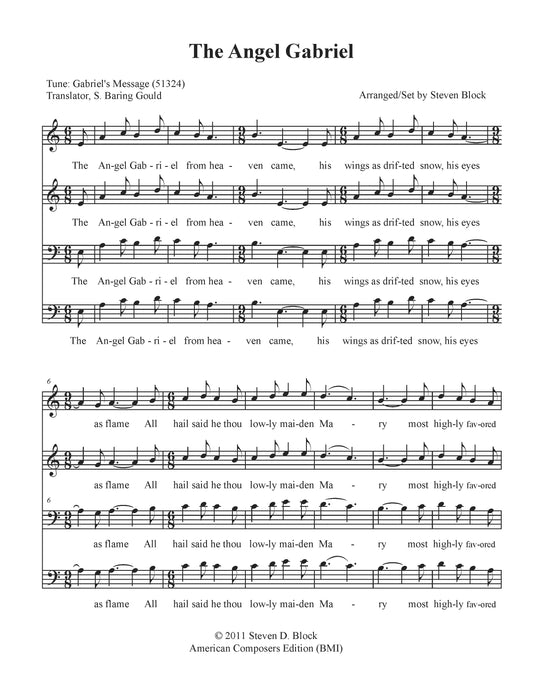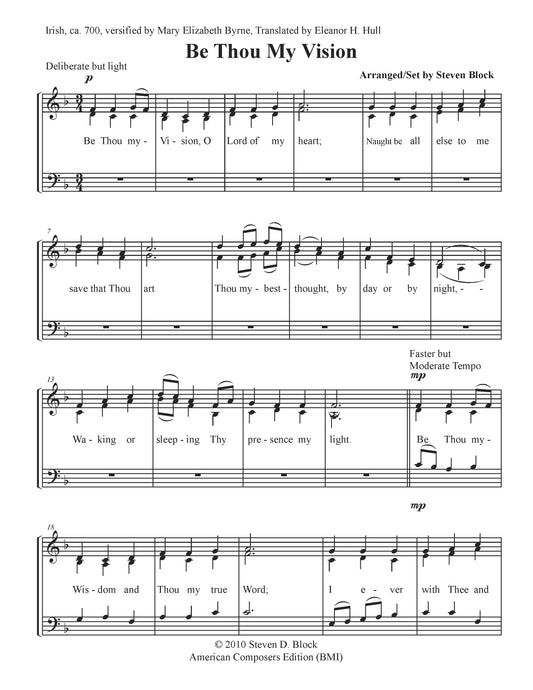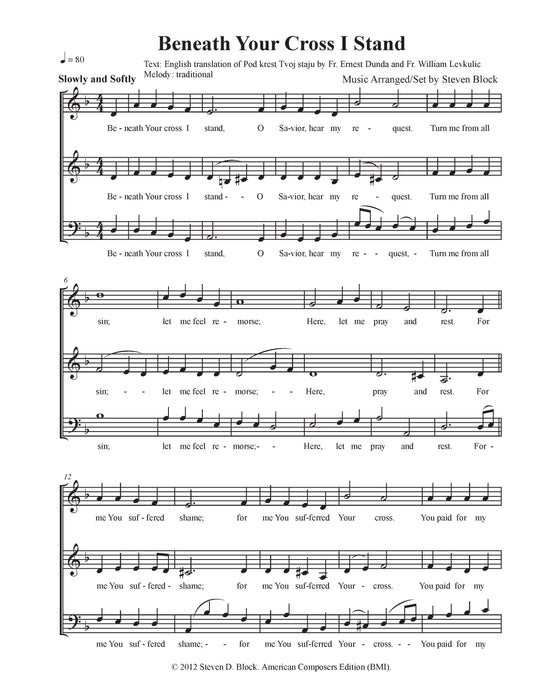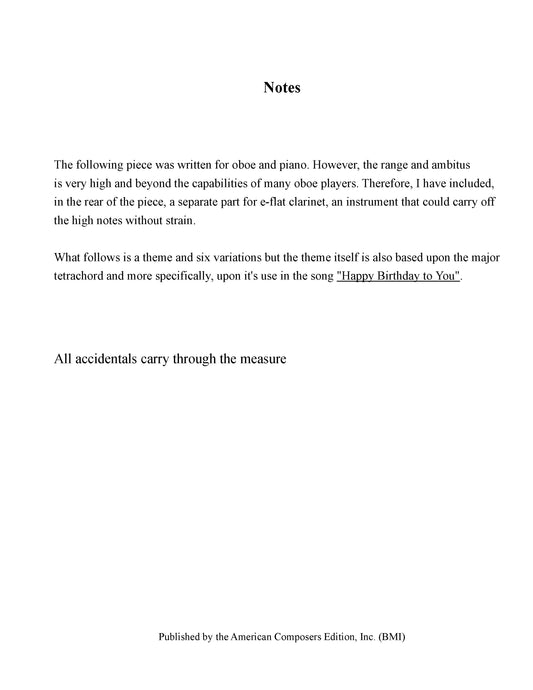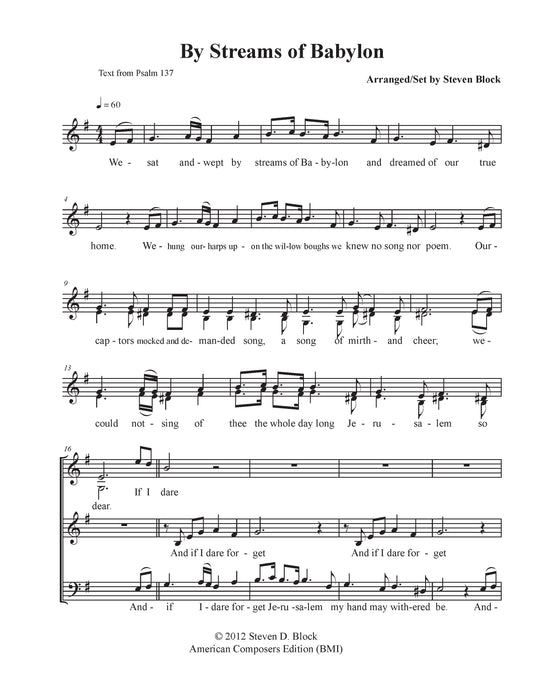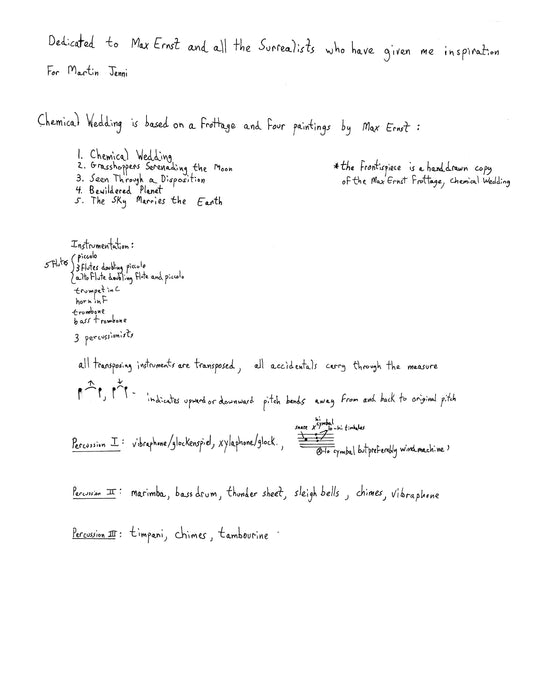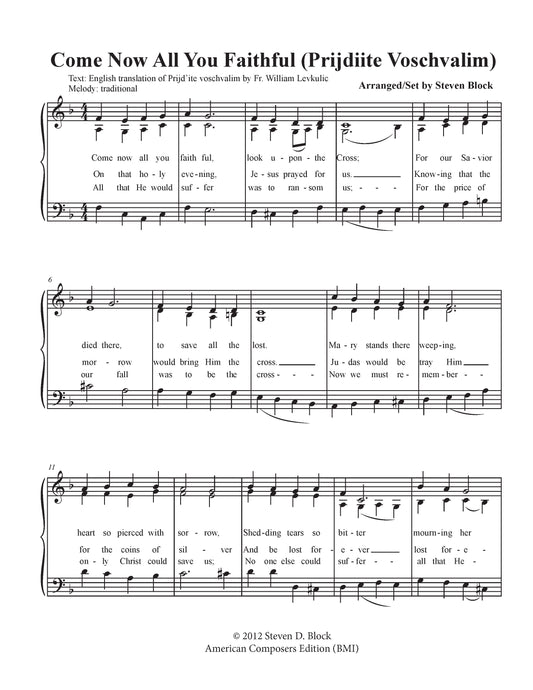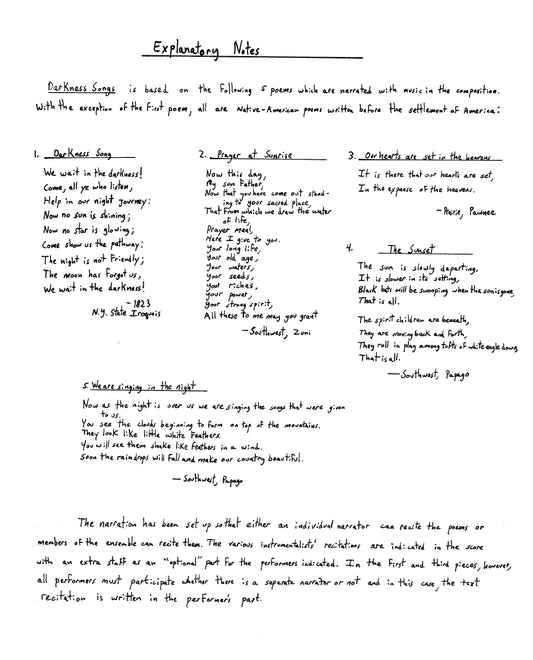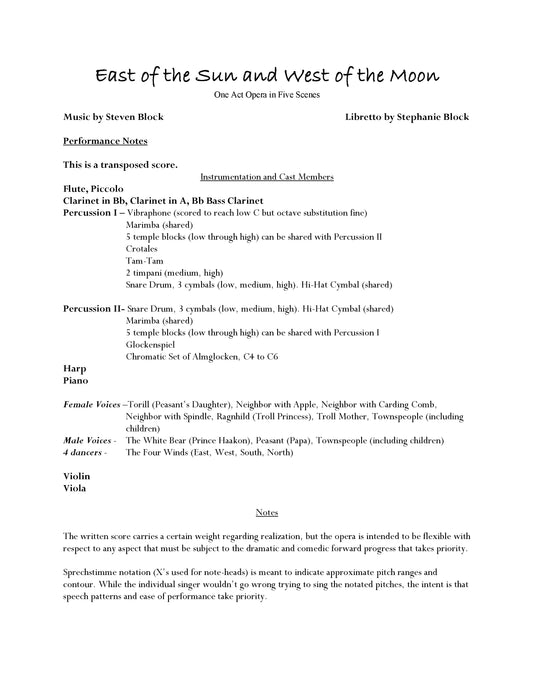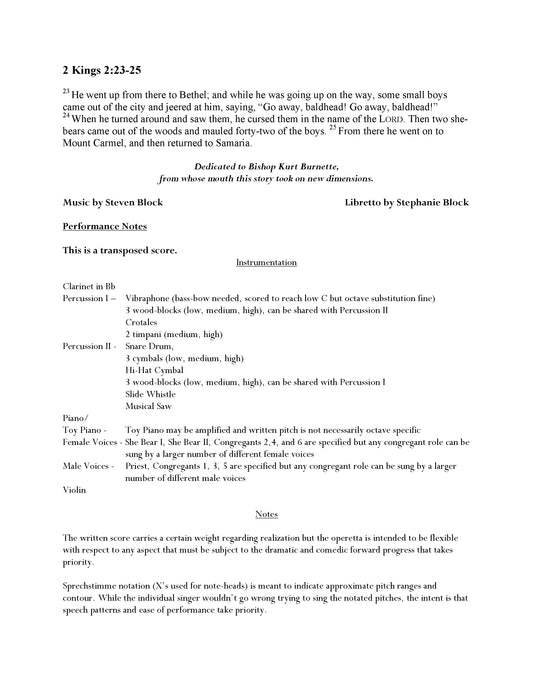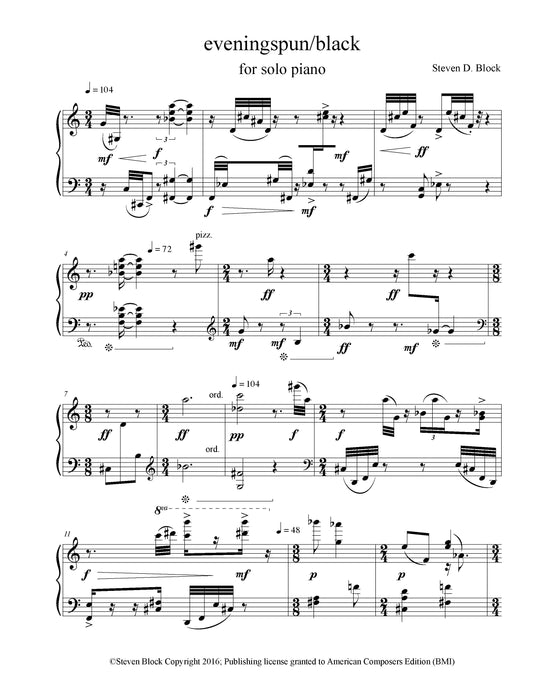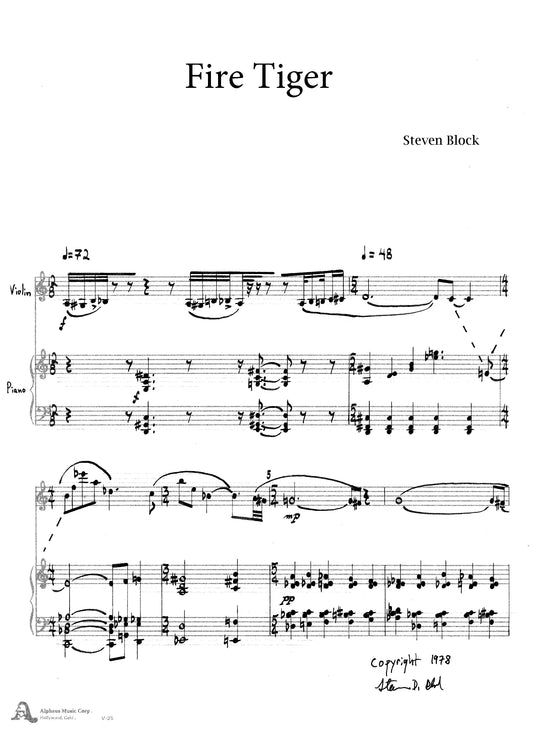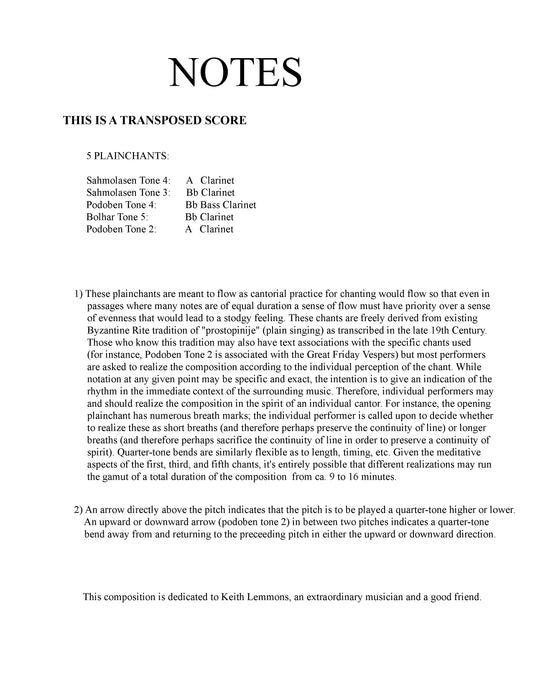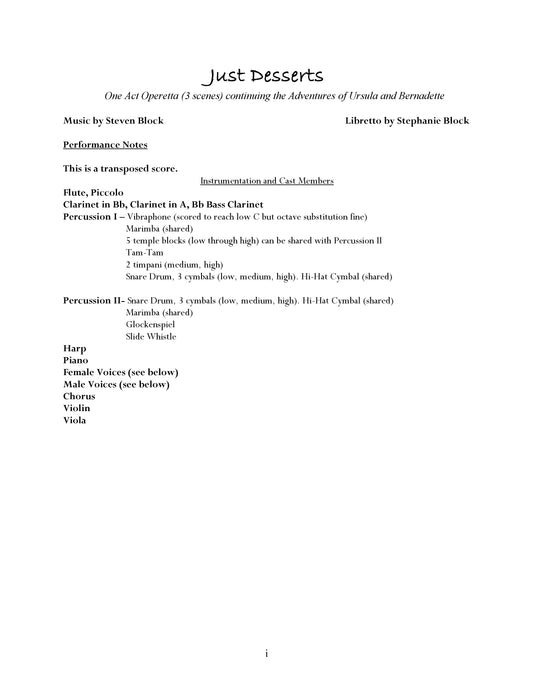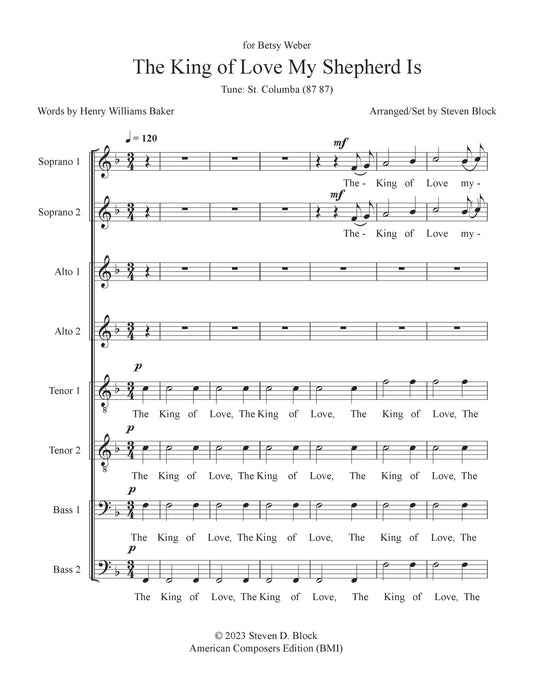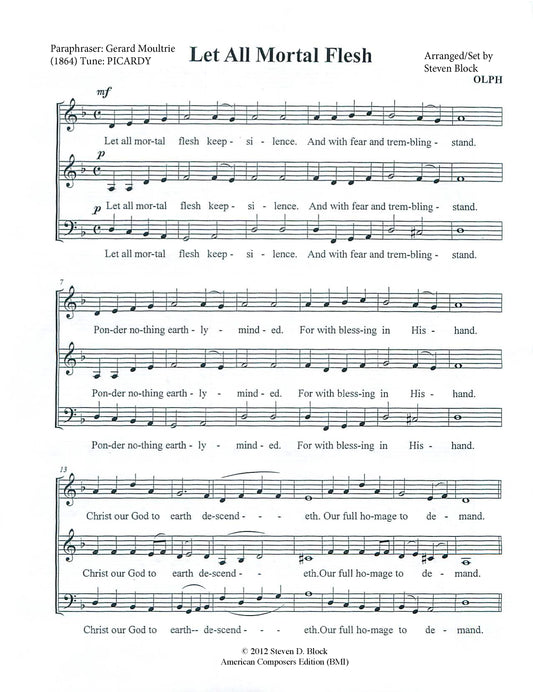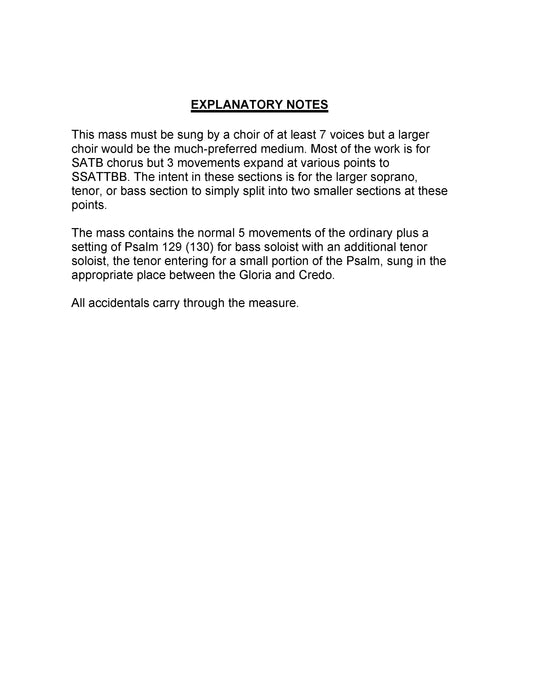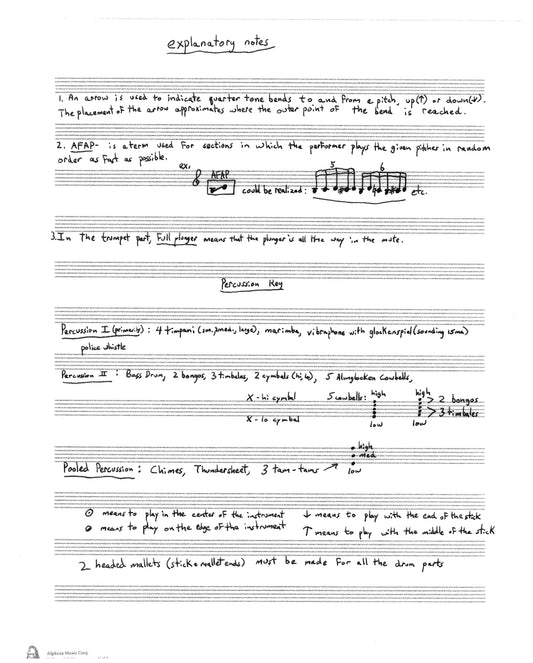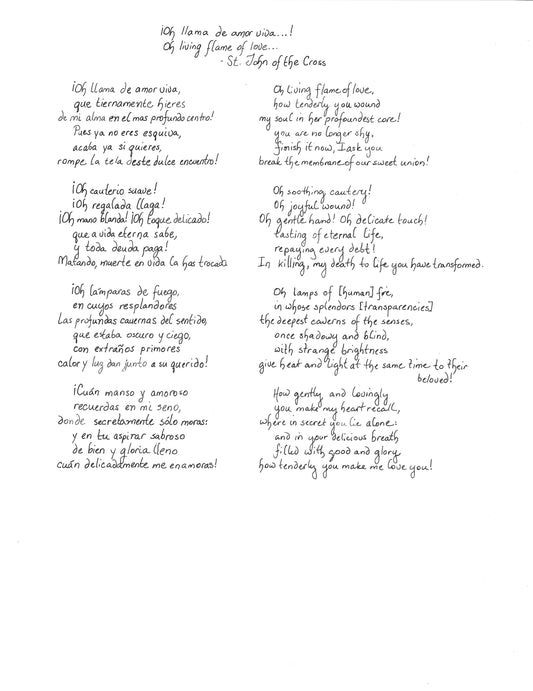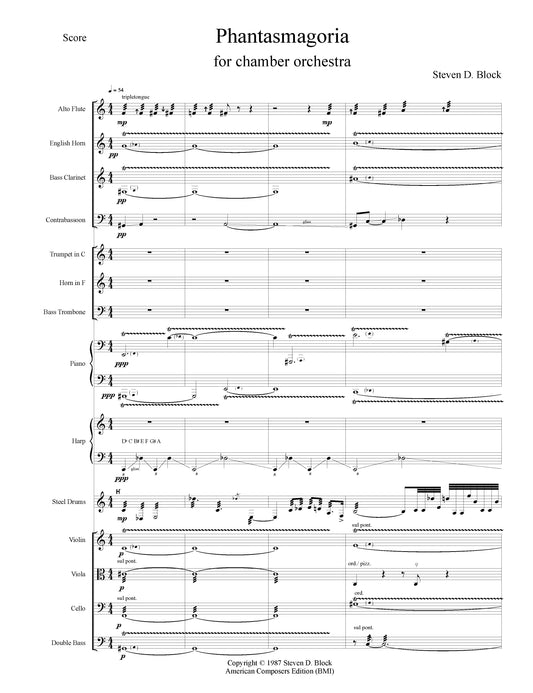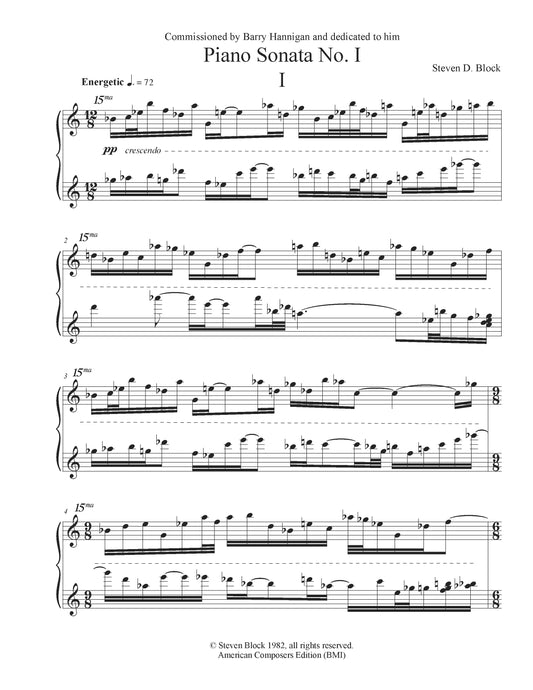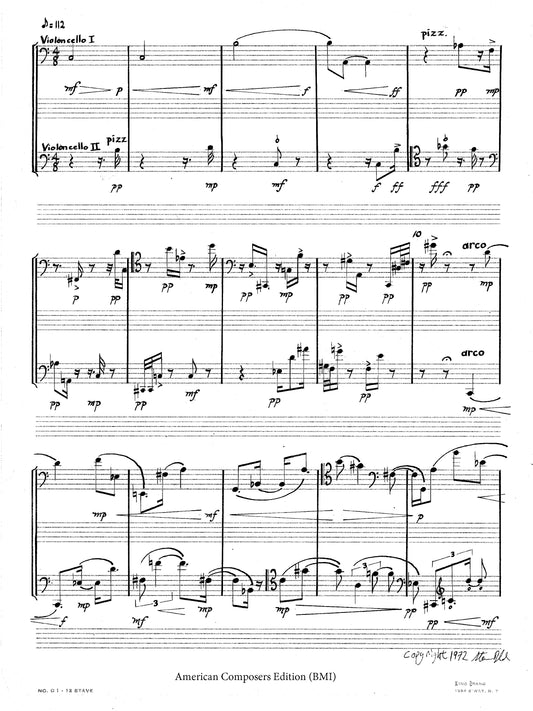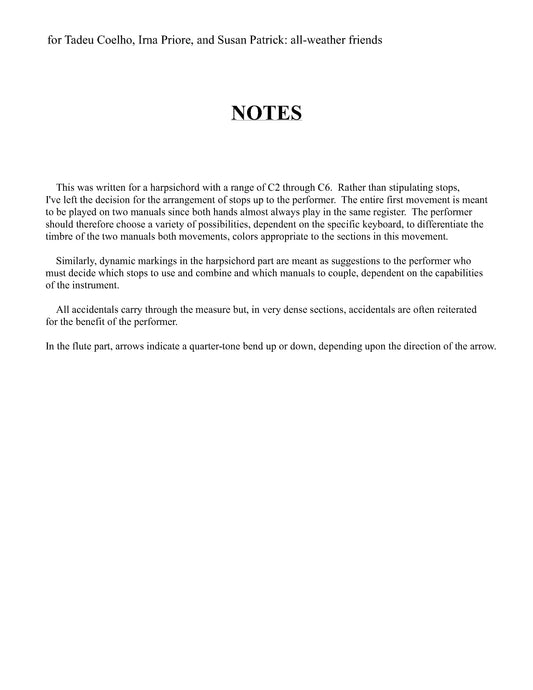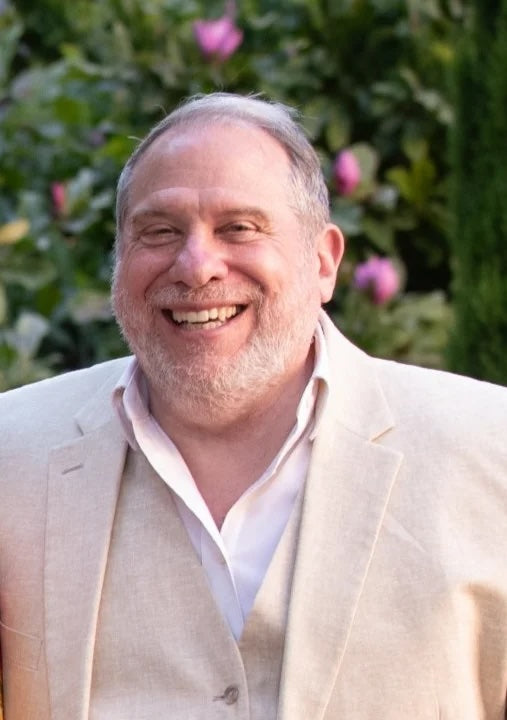
Block, Steven D.
1952 -
STEVEN BLOCK was born in New York City on November 5, 1952. He was the founding Dean of the College of Fine Arts at the University of Texas – Rio Grande Valley for 7 years after having served as Chair of the Department of Music at the University of New Mexico for 17 years. As Dean, he built new Arts programs, including that of the Center for Latin American Arts, from two separate legacy campuses. Block has appeared in the various personae of composer, music theorist, music critic, pianist, and both classical radio and disco d.j., among others. His compositions have been performed worldwide including performances in Australia, Paris, and Poland. His articles as a music theorist and music critic have appeared in such journals and magazines as Perspectives of New Music, Integrales, Music Theory Spectrum, the Journal of Music Theory, the Annual Review of Jazz Studies, Music Library Notes, and High Fidelity.
Block has studied with some of the most innovative composers and theorists in the world including David Stock, a pioneer in the promotion of contemporary music; Robert Morris, one of the leading contemporary music theorists and composers; A. Wayne Slawson, who has led the exploration of timbre as a musical component; and the internationally known and important late composers Franco Donatoni and Luciano Berio. Block was a Leonard Bernstein Fellow at the Berkshire Music Center (Tanglewood) in 1983. Block’s Piece for Two Cellos and eveningspun/black for solo piano have received competition awards.
Block has had a lifelong interest in Jazz, in particular “Free Jazz” (Cecil Taylor was on the faculty of Antioch College where Block received his B.A.) and has written several articles on the subject. His articles, “Pitch-Class Transformation in Free Jazz” (Music Theory Spectrum) and “Organized sound: Pitch‑Class relations in the music of Ornette Coleman” (Annual Review of Jazz Studies) blazed important trails in being the first such specialized articles in these respective juried journals.
Block studied piano at a young age, notably with concert artist Zalic Jacobs, but matriculated at Antioch College in the writers program. At Antioch he met a number of influential music professors (David Stock, John Ronsheim, Daniel Lentz, and Cecil Taylor) and rediscovered his passion for music and music making. It was at Antioch College that he first began to think of himself as a composer having written his breakthrough composition, eveningspun/black for piano solo while listening to the Watergate hearings in a tent housed in the backyard of his then mentor David Stock.
After accumulating a portfolio of compositions at Antioch College, he moved on tostudy at the University of Iowa for his masters degree for two years where he wrote more than a half-dozen compositions, all of which received their premieres through the strong contemporary performance foundation of the Center for New Music. Block studied with William Hibbard and Donald Martin Jenni during this time. Among the highlights of this time were the performance of his free jazz-influenced Puttin’ it Together for 2 saxes, 2 doublebasses, and trapset (as performed by classical saxophone-trained artists) and Chemical Wedding for 5 flutes, 4 brass, and 3 percussion, a work based on artwork by Max Ernst. At the University of Iowa, Block began performing in a contemporary improvisation ensemble which he in turn eventually led in new iterations at Stanford University and the University of Pittsburgh.
The academic road following the masters degree at Iowa was more difficult as Block traversed four different schools (Stanford, CUNY-Graduate Center, University of Pittsburgh, and the Eastman School of Music) over the course of the next 12 years while pursuing a composition and teaching career and becoming a husband and father. During a two-year stay in New York City where he taught at Queens College as an adjunct, he wrote FireTiger for violin and piano (Elements Rising, Navona Records NV5990) and the Missa De Profundis. He received his Ph.D. in Music Composition and Theory in 1981 from the University of Pittsburgh (where his primary mentors were Robert Morris and A. Wayne Slawson) and went on to be A.B.D. at the Eastman School of Music for a second Ph.D. in Music Theory before accepting a full-time Assistant Professor position in Chicago. The 12 years during this fruitful period saw Block’s emergence as a composer in his acceptance to the Berkshire Music Center (Tanglewood), the performance of many of his works by the Pittsburgh New Music Ensemble, and a number of commissions for new works including his Piano Sonata No.1, the ballet Players, Thelonious Rex for chamber ensemble, Rockin’ Pneumonia for chamber ensemble, and Phantasmagoria for chamber orchestra. While in Pittsburgh he wrote many articles serving as the music critic for the entertainment weekly, Market Square of Pittsburgh. He also served as the music director and pianist for a weekend cabaret revue in Pittsburgh, writing and performing some of the popular music, and forming a relationship with Professor Myron Nadel (Carnegie-Mellon University) who directed the ensemble and who wrote the book for the musical The Ballet Man (staged and performed in Buffalo, NY in the ‘90s). A major compositional highlight of this time period was the writing of his full-length opera, The Tumbler of God, during his final year at the University of Pittsburgh while on a Mellon Fellowship. His three years at the Eastman School of Music were largely devoted to mastering the craft of music theory, emphasizing contemporary post-tonal techniques, and most of his published work on music theory derives from the foundation learned at the Eastman School from such notable luminaries as Robert Morris, David Beach, and Robert Bailey. In his final year at Eastman, he accepted a teaching position at Northeastern Illinois University in Chicago, Illinois.
Block joined the faculty of the University of New Mexico in 1989 where he spent much of his career building the Department of Music as Chair and increasing the number of academic faculty in composition, theory, musicology-ethnomusicology, and music education accordingly. As the head of a Department that grew from 170 majors to 400 majors and 60 faculty members, Block’s career as a composer has been more limited. Nevertheless, composition highlights from this time period include his String Quartet No.2, Shadows for orchestra (Fire and Time, Navona Records NV 5871; Shadows and Phantasmagoria form two movements of a projected large-scale symponic work based on the same musical material), 5 Plainchants for Clarinet (Pinnacle, Navona Records, scheduled for release), and the most recent production of the operetta (part of a projected 3-operetta trilogy) Elisha and the Bears premiered by the UNM Opera.
In addition to the works described above (a portion of his opus during his quarter-century at the University of New Mexico), Block served the University of New Mexico and the profession by serving on the board of the Albuquerque Youth Symphony and John Donald Robb Trust, acting annually as a Question Leader for the AP Music Theory Exams, chairing visiting accreditation teams for the National Association of Schools of Music and serving on the NASM Commission for the full-term length (6 years).
Steven Block is also an active mediator, participating in several mediations every month for the Metro Court system in Albuquerque, Faculty Dispute Resolution (Ombuds) and other Dispute Resolution organizations and is often asked to coach new mediators for private organizations. He has served as cantor and music director at various churches and has written and arranged a number of sacred works for a cappella choir.
He is married to Stephanie Block, a free-lance writer who also wrote the libretto for his operas (The Tumbler of God, Elisha and the Bears, and East of the Moon, West of the Sun) and whose artwork often graces the cover pages of his scores. They have 7 children, all of whom have pursued varied roads in their lives from religious sister to air force pilot (daughters), and teacher to police officer (sons) while, at this writing, blessing the Blocks with 19 grandchildren.
William Zagorski of Fanfare writes of Block’s orchestral movement Shadows: "His skillful use of tuned percussion gives several passages a gamelanlike quality reminiscent of Messaien. The long-note passages...and their harmonic suspensions are wonderful. I impatiently await the completion of this Symphony.


